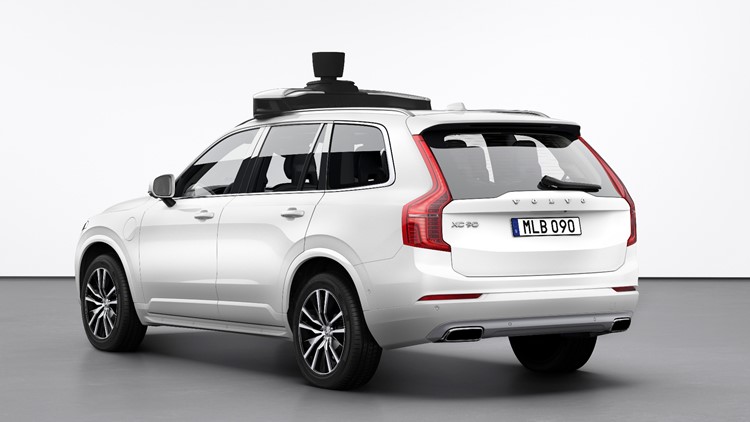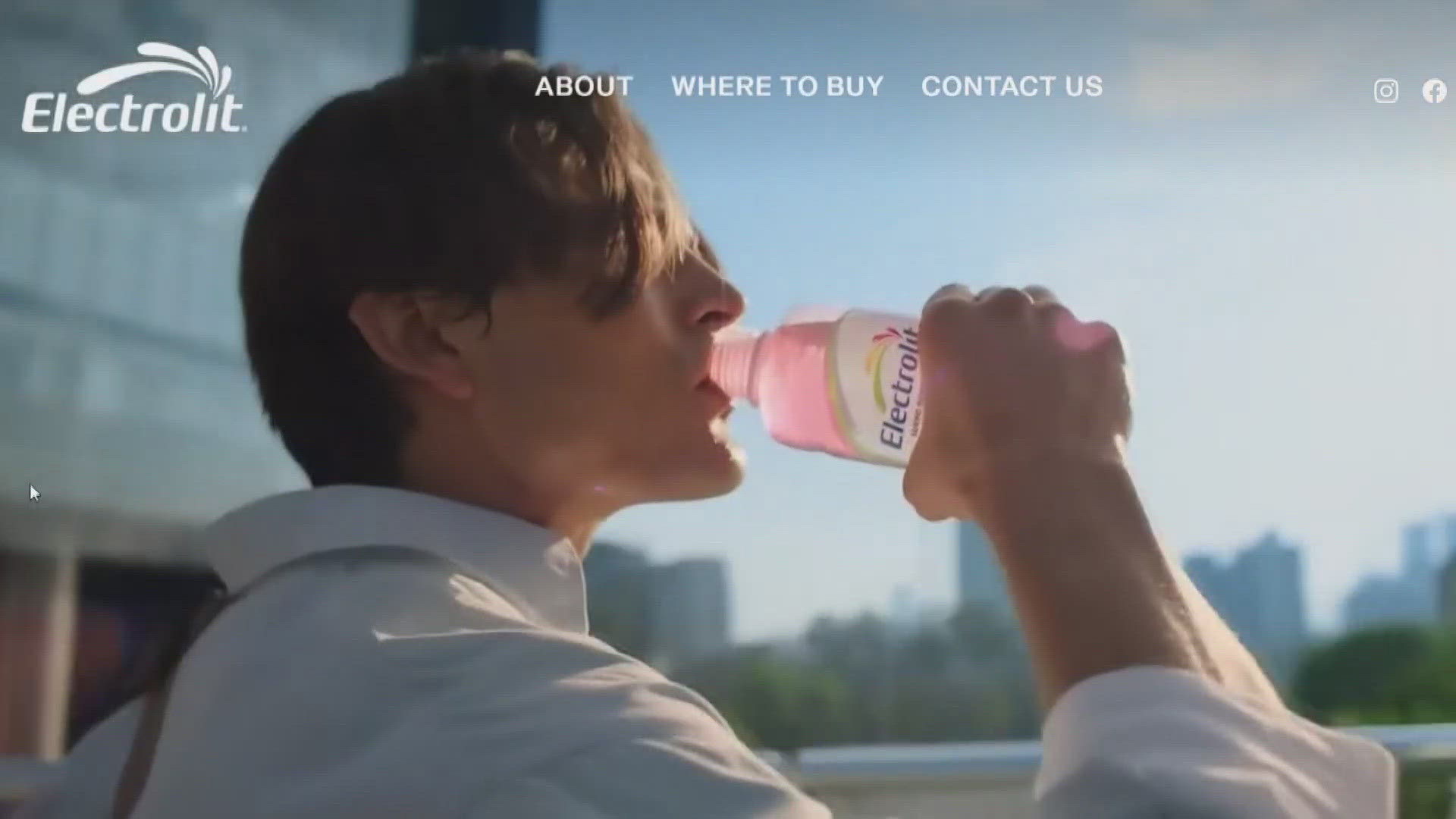DALLAS — Uber – already putting a spotlight on the Dallas area – is adding a cutting-edge technology to Dallas.
The ride-sharing company will begin an effort to gather data for mapping the North Texas city, the first step toward possible self-driving tests, according to Sarah Abboud, communications manager at the company.
Uber Technologies plans for two vehicles to traverse downtown Dallas beginning in November.
"Dallas will join just a handful of cities tackling the same innovation. San Francisco, where Uber has its corporate headquarters, and Toronto are gathering similar data," she said. "The company is tackling actual self-driving testing in Pittsburgh. That’s where the Advanced Technologies Group, which handles autonomous driving, is based."
Uber is investing in North Texas with several projects as it looks to expand its reach into new technologies and businesses.
Last month, the company confirmed it will establish a new hub in Deep Ellum that will house various corporate functions. It’s set to create 3,000 new jobs and includes a capital investment of more than $75 million.
The step toward self-driving tests in Dallas came after the company developed a really “positive working relationship” with the city in general, Abboud said, noting the different pieces of the Uber lineup that are being offered locally. Also, the area has modern infrastructure and climate that makes it an intriguing city to examine. Buttressed by the opportunity to augment existing drivers, the regulatory-friendly environment for self-driving tech in Texas is a draw as well.
"The vehicles in Dallas will be scouring the area to learn more about how pedestrians and drivers behave locally," Abboud said.
“During this manual data collection process, we’re able to collect the necessary data points to help build high definition maps as well as identify scenarios that might be unique to that particular city,” she said. “So in this case, being Dallas, we want to understand what are the types of things our vehicle might encounter if we were to, say, kick of self-driving operations there. But the first and really important step is the manual data collection piece.”
The vehicles themselves – provided by Volvo -- will be equipped with the gear and tech to tackle autonomous driving, making them unique additions to local roads. Yet Abboud emphasized that it will not be doing actual testing at this point.
“This is really an exploratory effort and it will help inform whether we decide to do self-driving operations,” she said. “It should be not be taken that just because we’re doing manual data collection, that we will automatically do self-driving testing. There’s a lot of work that has to be done before we officially make that decision.”
Self-driving technology is a key effort for Uber as the industry looks to avoid accidents caused by human effort and bolster efficiencies.
“The Uber network is powerful,” Austin Geidt, head of Uber ATG strategy said in a blog post. “It brings people closer to the things they need. Self-driving technology has the potential to create even more value to our users, but to arrive at that future, we must approach building this technology thoughtfully and with a strong sense of responsibility to the communities where we operate.”
The company's testing started again late last year after vehicles were pulled from roads following a fatality in Arizona, according to TechCrunch. Abboud said Uber took on two sets of review – internal and external – to examine the program to ensure its improvements around safety and other areas. The result was a complete overhaul that shook up the effort.
The revamp helped “identify ways we could improve across the board,” she said.
She noted that the number of folks working the Dallas project will be limited because it involves two vehicles. They will each have two people inside of them as they go around the area.
At the same time, the ideas around self-driving can do a lot to improve transportation, Abboud said.
“We just see an opportunity where that additional technology on the network can really help unlock a lot of” possibilities, she said.
More on WFAA:
- The first test site for Uber's flying taxis is in Frisco
- Some Uber employees already working in Deep Ellum office space
- Looking for small business friendliness? Head to Fort Worth
- When it comes to cost of living, Arlington and Plano lead North Texas
- Deep Ellum makes room for Uber: 'Nobody likes change, but it's pretty cool to be a part of it'
- Dallas County commissioners approve tax break for new Uber headquarters



